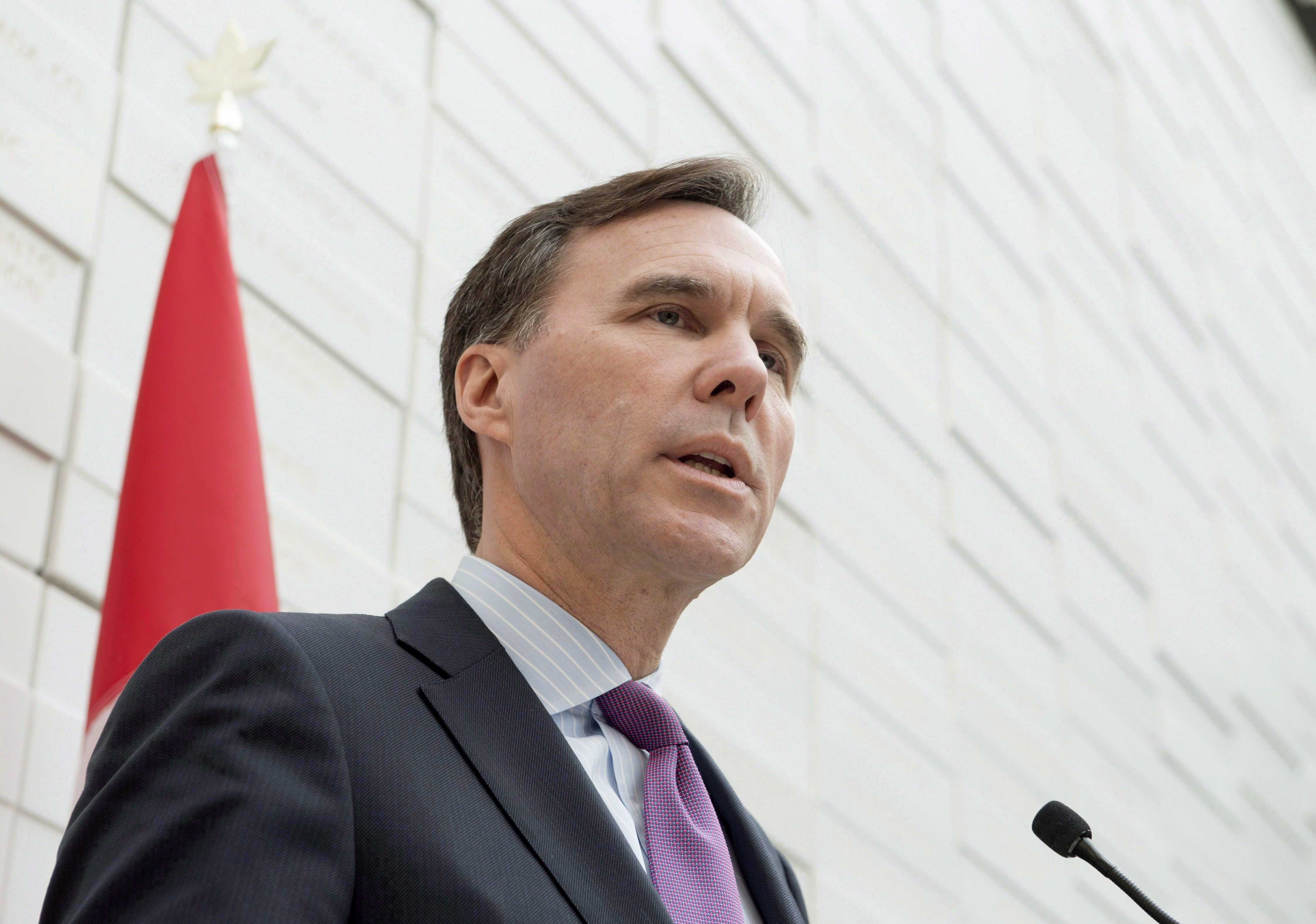Mar 21, 2017
Pattie Lovett-Reid: Federal budget – what’s in it for me?

Jobs, investment, and consumption all can have a direct impact on your personal financial situation.
Investors and Canadians will be watching very closely as the details of the second Liberal budget will be released Wednesday with a focus on, “what’s in it for me ?”
The middle class has been the focal point for the Liberals who have already implemented their promised changes to personal income-tax rates: income between $45,282 and $90,563 is taxed at a rate of 20.5 per cent instead of 22 per cent and a new tax bracket of 33 per cent applying to income of more than $200,000. The problem is, if you don’t have a job, the amount you pay in taxes is a secondary concern. Full-time employment has been declining for decades, while youth unemployment remains stubbornly high. The business environment remains muted and the export sector has not been able to pick up where the energy sector left off.
Canadians are anxious and want jobs. The expectation is the budget will include new programs for skills training and a focus where Canada may have a competitive advantage – such as technology.
When you are living close to the margin it is all about having a job, keeping a job and remaining competitive going forward. The economy is changing and challenging – and the question becomes, how do you turn the challenges Canadian families face into opportunities? Canadians will be watching very closely as money for infrastructure might be the opportunity many are waiting for.
Considered to be the low-hanging fruit for the government, investors are bracing themselves to pay more for investment gains outside of registered plans such as TFSAs, RRSPs and RESPs. The capital gains inclusion rate could go from 50 per cent up to 66 per cent – or maybe even 75 per cent. We could see a dropping or lowering of the dividend tax credit and there may be changes to the taxation of stock options. Wealthier Canadians likely won’t be impressed; however, this will not compromise the middle class who want to save for retirement or their child’s education.
Finally, if you want to slow down spending, bump up the consumption tax by increasing GST. If you are government who wants to speed up spending, you subsidise and when you want to slow it down you tax. This low interest rate environment has created sensitivity especially for the first-time homebuyer and added to the debt levels of Canadians. The debt levels have continued to grow and have become a big concern for both the Bank of Canada and government.
The Liberals will want to position their budget as one that is fiscally responsible while paying attention to the bottom line. One thing is for sure: we all will be focused on the same thing – what this budget means to our bottom line.
HAVE YOUR SAY







